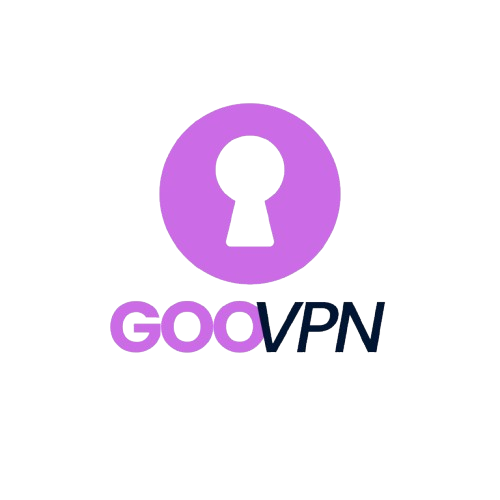What Is a No-Logs VPN and Why Does It Matter?
When choosing a VPN, one of the most critical privacy features to look for is a no-logs policy. While VPNs are designed to protect your online activity from prying eyes, not all VPNs offer the same level of privacy — and some may even keep records of your browsing history. A no-logs VPN ensures that your online behavior is never stored, tracked, or shared.
In this article, we’ll explain what a no-logs VPN is, why it matters, and how to make sure you’re choosing a truly private VPN provider.
What Is a No-Logs Policy in a VPN?
A no-logs policy (also called a zero-logs or logless policy) means that the VPN provider does not collect, monitor, or store any logs of your online activity. This includes:
Browsing history
IP addresses
Connection timestamps
DNS requests
Download or streaming activity
With a no-logs VPN, your internet usage remains private — even from the VPN company itself.
Why Is a No-Logs VPN Important?
1. True Online Privacy
Without a no-logs policy, a VPN can technically monitor and store your browsing data. That data could be used, sold, or handed over to authorities. A verified no-logs VPN guarantees that even if someone demands your data — there’s nothing to give.
2. Protection from Legal Requests
If a VPN provider is forced to comply with government or legal investigations, a strict no-logs policy ensures that there’s no user data available to share. This is especially important if the VPN operates in a privacy-friendly jurisdiction (like Panama, the British Virgin Islands, or Switzerland).
3. Increased User Trust
Reputable VPNs often go through independent audits to verify their no-logs claims. Choosing one of these audited VPNs gives users added peace of mind that their privacy is truly respected.
What to Look for in a No-Logs VPN
Not all “no-logs” claims are the same. Some VPNs may not track browsing activity but still collect metadata. When choosing a no-logs VPN, make sure it:
Has a clearly written no-logs policy on its website
Is located outside of 5/9/14 Eyes surveillance countries
Has undergone independent third-party audits
Has a proven track record of defending user privacy (e.g., refusing to hand over data)
Top VPNs With Verified No-Logs Policies
Here are a few VPN providers known for their strong no-logs commitment:
ExpressVPN – Based in the British Virgin Islands, audited by PwC
NordVPN – Panama-based, independently audited twice
Surfshark – Netherlands-based, follows a strict no-logs policy with full audits
Proton VPN – Based in Switzerland, open-source and transparent
Final Thoughts: No-Logs Equals Real Privacy
A VPN’s core purpose is to give you privacy — and without a strict no-logs policy, that promise is incomplete. Whether you’re trying to protect your personal data, avoid surveillance, or simply browse anonymously, a no-logs VPN is essential.
When privacy matters, don’t just trust a VPN’s marketing — check their privacy policy, jurisdiction, and independent audit reports. Your data is valuable — a trustworthy VPN makes sure it stays yours and yours alone.
